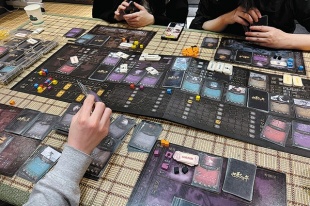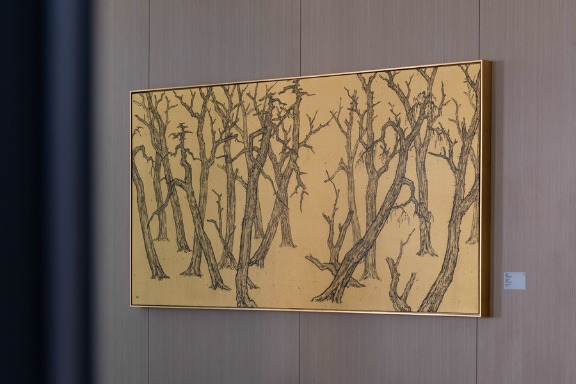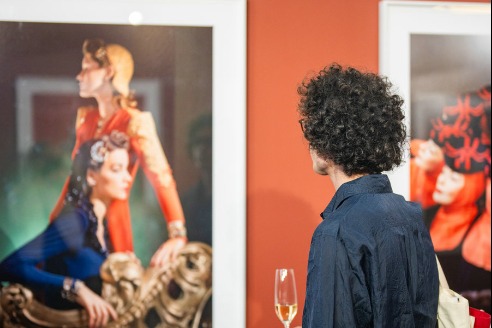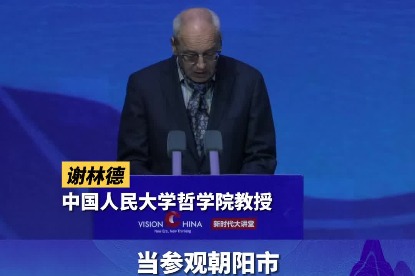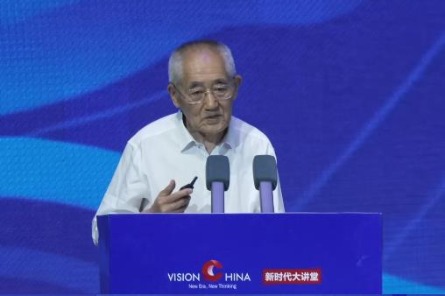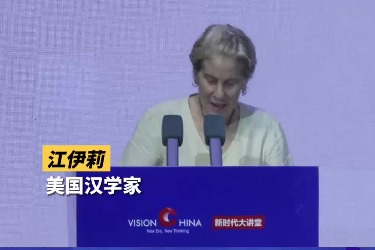Building decks

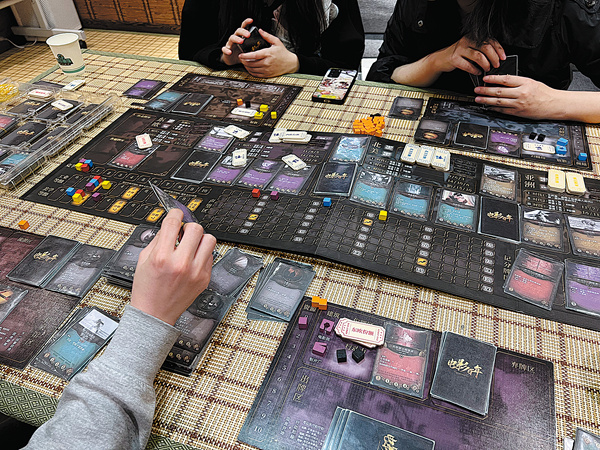
Printing sets
Yang has been interested in history since high school. He studied archaeology and museology at Nankai University in Tianjin, from 2007 to 2011. After his graduation, he switched his focus to film and received a master's degree in film studies from China Film Art Research Center in Beijing in 2014.
Yang says the whole design team, including himself, is really into film history. "We wanted to remind people of the good stuff in the golden times," he says.
Chen Minlu, the co-founder of Gstone, says Film Centenary is the "perfect convergence" of game and film.
She says: "As a gamer, I experienced the entirety of running a studio start-up through 100 years of cinematography history. As a film lover, I was actively involved in filmmaking, trendsetting, technique development, while enjoying so many classic stills. The game is definitely a must-try."
Si Ling, a film lover from Shenyang, Liaoning province, comments on social media: "The game is delicately designed. Various major events in film history, small strategies and game mechanics are combined quite skillfully. It's such a joyful way to learn about film history."
Zhang Xu, from Chengdu, Sichuan province, has watched over 3,000 films and played more than 100 board games. He comments on social media: "As a film lover, each time when a card is revealed, it's like meeting an old friend. These were milestones at the time but only a few people recognize them now. So when I see these films and filmmakers printed on the cards, I feel like they are treasures that have been hidden away for years and are being shown today. During playing, there are many options available to run your own film company. Crucially, these related genres are not abstract but will correspond to certain films and film directors. Players can always enjoy new experiences playing different genres."
Yang says he finds that the Chinese market is definitely embracing and encouraging the development of local board games.
According to the contract signed with a stills collection agency from Europe in 2019, the production team is only allowed to print 2,500 sets. Yang didn't want to invest more money in getting authorization to print 2,500 or 5,000 sets more, because in his expectations, which is based on his observation of the industry, only 1,000 sets would be purchased smoothly. He would need to work hard to create another 500 sales to cover the cost, and the rest would be wasted or given away freely to families or friends.
"I would never call myself bold but conservative," he says. "I learn from experience, if anyone has done it in the past and how they did it."
Yang says just two years ago it was a great achievement for a board game made by a domestic designer to raise enough funds for producing 300 to 500 sets, and normally the production team would print 500 to 1,000 sets in total. However, there are a small number of Chinese-made board games that are crowdfunded to produce 2,500 sets in recent times.
China has a long history of creating classic tabletop games like mahjong and Go, Chen says.
"We believe the success of Film Centenary will act as a core drive for Chinese designers to create more board games."


